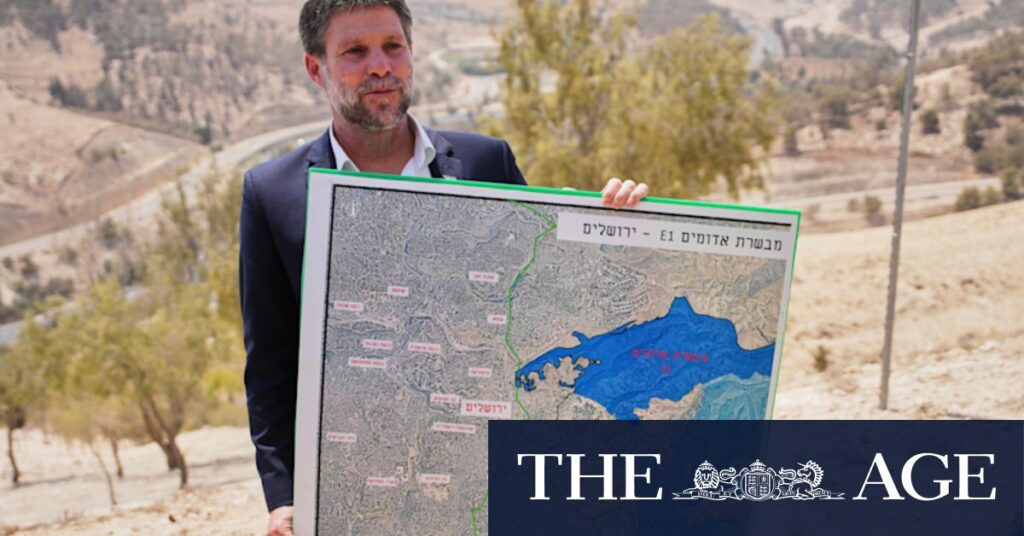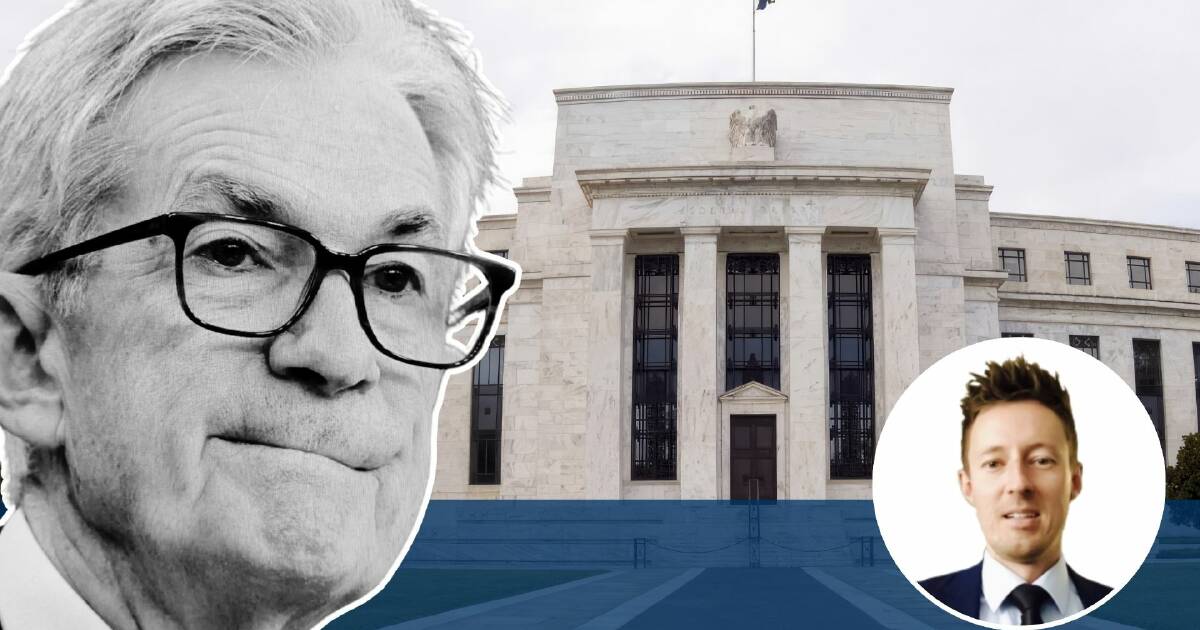
Maale Adumim, West Bank/Tel Aviv: Israeli far-right Finance Minister Bezalel Smotrich has ignited a firestorm by announcing the initiation of a long-delayed settlement project intended to divide the West Bank and sever its connection to East Jerusalem. This move, according to Smotrich’s office, aims to effectively “bury” the prospect of a Palestinian state.
The announcement has drawn sharp criticism from the Palestinian government, international allies, and human rights organizations, who have denounced the plan as illegal. They argue that the fragmentation of the territory undermines existing peace efforts in the region.
During a press conference held in the Israeli-occupied West Bank, Smotrich, a settler himself, displayed a map of the controversial E1 settlement project. He claimed that Israeli Prime Minister Benjamin Netanyahu and former U.S. President Donald Trump had agreed to revive the development, although neither leader has confirmed this assertion.
“Whoever in the world is trying to recognize a Palestinian state today will receive our answer on the ground. Not with documents nor with decisions or statements, but with facts. Facts of houses, facts of neighborhoods,” Smotrich declared.
Background and Implications of the E1 Project
The E1 project, which stands for East 1, has been a contentious issue for decades. The plan involves the construction of thousands of housing units that would effectively connect the Maale Adumim settlement with Jerusalem, creating a continuous Israeli presence that bisects the West Bank.
Critics argue that such a development would make the creation of a contiguous Palestinian state virtually impossible, as it would isolate East Jerusalem from the rest of the West Bank. The international community, including the European Union and the United Nations, has repeatedly condemned the project, citing its potential to derail the peace process.
International Reactions and Legal Concerns
The Palestinian Authority has swiftly condemned the settlement plan, calling it a blatant violation of international law. Nabil Abu Rudeineh, a spokesperson for Palestinian President Mahmoud Abbas, stated that the move “destroys any remaining hopes for a two-state solution.”
Meanwhile, international allies have voiced their concerns. The European Union reiterated its position that all settlement activity is illegal under international law and erodes the viability of a two-state solution. The United Nations has also expressed alarm, urging Israel to halt the project.
“The settlement expansion poses a significant threat to peace and stability in the region,” said a UN spokesperson.
Historical Context and Future Prospects
The Israeli-Palestinian conflict has seen numerous attempts at peace, with the Oslo Accords of the 1990s being one of the most notable efforts to establish a framework for resolving the conflict. However, settlement expansion has consistently been a major obstacle in negotiations.
Historically, the expansion of Israeli settlements has been a point of contention, often leading to heightened tensions and violence. The E1 project, in particular, has been a flashpoint due to its strategic location and potential impact on the feasibility of a Palestinian state.
Looking ahead, the future of the E1 project remains uncertain. While Smotrich’s announcement signals a renewed push for its development, international pressure and potential legal challenges could stall its progress. The situation underscores the complexities of the Israeli-Palestinian conflict and the challenges of achieving a lasting peace.
As the international community continues to monitor the situation, the implications of the E1 settlement plan will likely shape the discourse around the Israeli-Palestinian conflict in the coming months. The world watches closely, hoping for a resolution that respects the aspirations of both Israelis and Palestinians.






